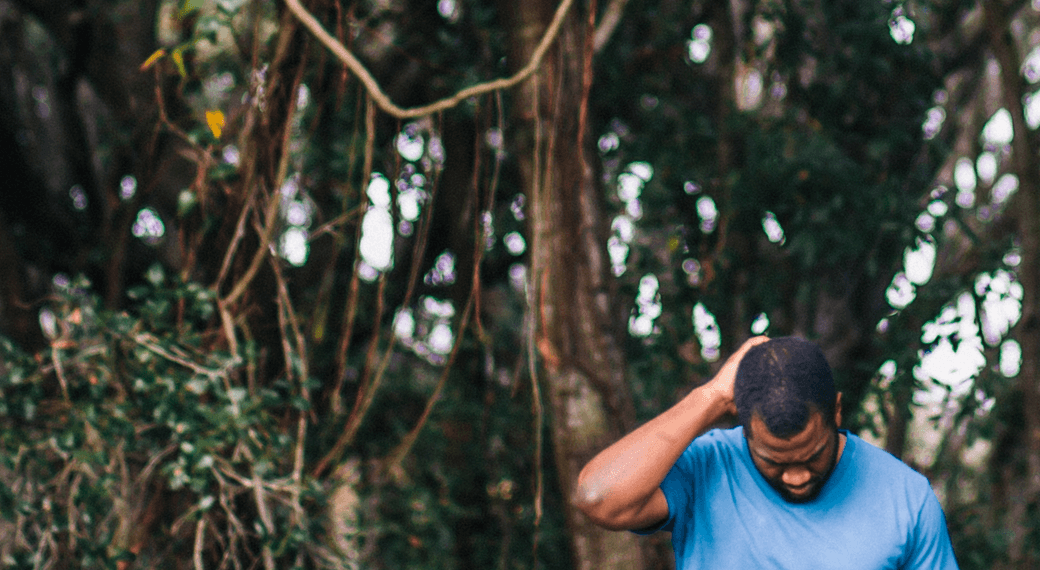One day you are going to open up your email to find a message from a friend/fan/client/buyer saying:
- “Congrats!” I just saw your work on Art Print Site. I didn’t know you were being featured over there. It looks great!
- “Psst!” did you know that Etsy Store Name is using your photographs? Since it’s not your shop, I think something fishy is going on.
- “Grumble, grumble” I thought that we were the only online store featuring your work, but we just ran across Another Online Store selling digital downloads too.
Or you might run a reverse image search and find some copycats.
No matter how you find your copycat, you are going to click on the link and your chest will get tight, your head will start to explode, and you’ll enter angry, panic mode.
Why? Because you’ve got a copycat on your hands (AKA someone who used your content without permission).
And consider yourself lucky, if this hasn’t happened to you already, because it’s not if it will happen, but when.
I don’t want you to:
- stew in your rage
- ruin your productivity
- enter a crazy rage spiral
But the only want to prevent that is by having an action plan in place. One that you can turn to when you aren’t so clearheaded. One that helps you decide how to act, rather that flying by the seat of your pants in angry panic mode.
It’s ultimately your decision about what action is best for your business. But there are some legal boundaries that you can use to help you create an action plan so that you can calmly handle copycats, rather than reacting.
It’s ultimately your decision about what action is best for your business.
When you can’t stop copycats
Acting within the scope of a license
 If you’ve given someone permission to use your content and they are acting within the boundaries that you laid out, you can’t stop their use (unless you cancel your agreement).
If you’ve given someone permission to use your content and they are acting within the boundaries that you laid out, you can’t stop their use (unless you cancel your agreement).
If you think that they are acting outside the scope of your agreement, go back to your signed contract and double-check what permissions you gave them.
Sadly, it’s a common story for creatives to first be upset with the other party and then themselves. They first are upset at the other side, because they think they are doing something they didn’t give them permission for. Then they get someone to translate the contract, and become upset with themselves. And that’s because it turns out they did give them permission to do that thing.
Which is another reason I should have, “don’t sign a contract you don’t understand” tattooed on my forehead.
Actions are not copyright infringement, but fair use
Fair use is one of the trickiest areas of copyright law. And if you want to learn the basics of fair use, pop over here.
For now, what you need to understand is that if your copycat’s actions are fair use, then you cannot stop them. You can’t stop them because they are acting within the bounds of the law.
Because fair use is complicated, if you are struggling with determining if this particular use is fair use, then I’d suggest you hit up your lawyer. If you don’t already have a lawyer on speed-dial (wait, is that even a thing anymore?) then you should have one. A great place to find creative-friendly lawyers is your state’s Volunteer Lawyers for the Arts organization. Or better yet, ask your creative business BFFs.
When you maybe shouldn’t stop copycats
The law doesn’t leave a grey area. Using copyrighted works without permission of the owner is either copyright infringement or fair use.
But unlike you, the law isn’t running a creative business. So you should do a gut check and decide if maybe you shouldn’t act on this particular use.
But unlike you, the law isn’t running a creative business.
The first gut check I want you to do is to decide if this helps your business. Maybe you are an interiors photographer and the amazing design blog you read featured one of your photos. Or maybe a fashion blogger used your product photos in a collage of fall trends.
These examples seem like easy yesses, but they won’t all be that way. So your first gut check is to take a moment to evaluate if what’s going on here helps your business. If it is, then maybe all that needs to be done is a switch in the credit line or where they are linking to, so that you business gets the full benefits of this use.
The second gut check is a little harder. This one makes you consider if the person on the other side is someone that you really want to tango with. Some people are not worth the financial, mental, or emotional toll that taking action will have on you.
Again, these aren’t legal questions, but ones framed in the practicality of running a creative business.
When you can stop copycats
As I mentioned above, the law doesn’t have a grey area. So you can take action if your copycat doesn’t fall in either of the two categories above.
Have you had to deal with copycats? Does this help you decide how to react to your copycat? Share your experiences in the comments.



